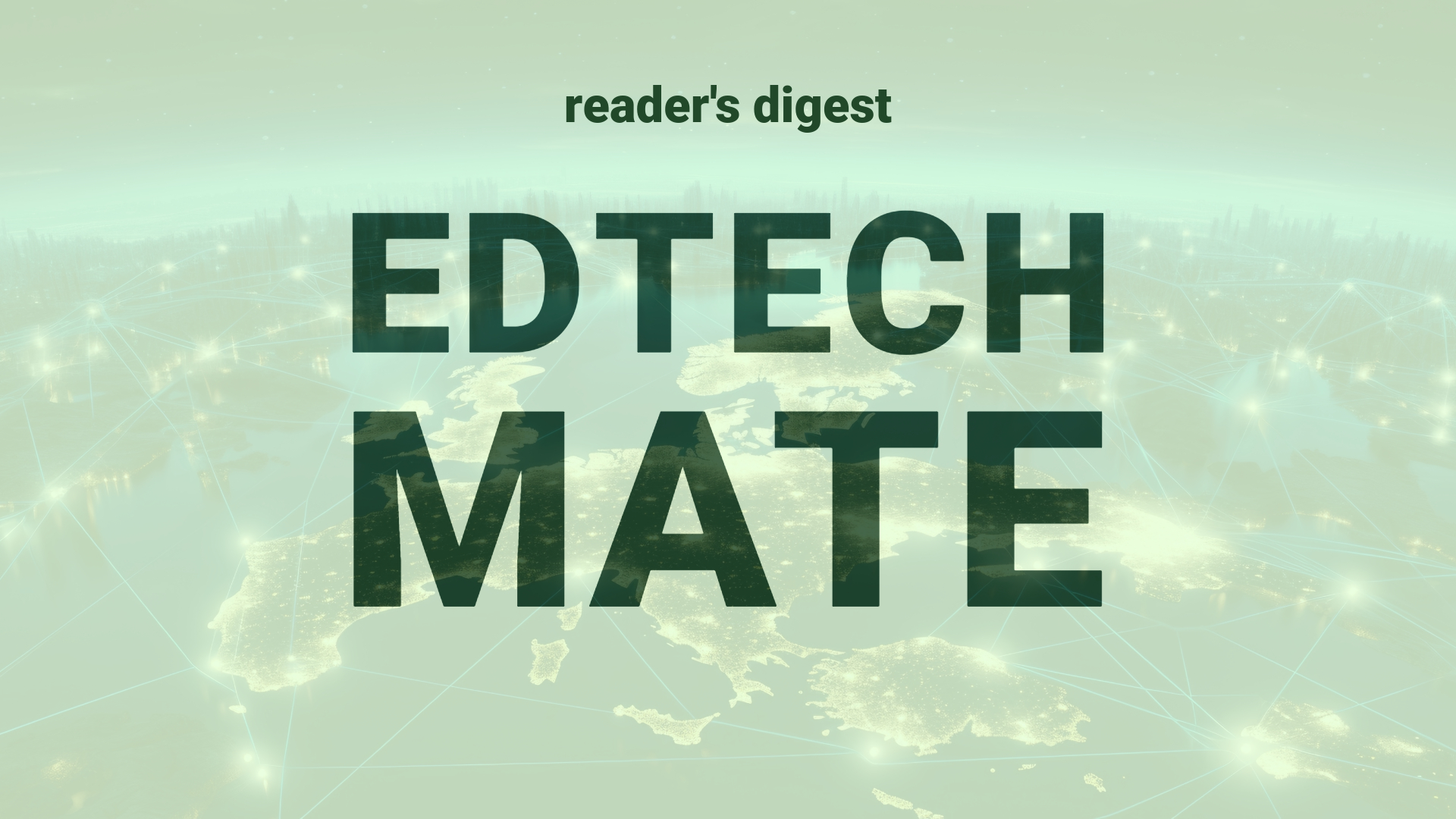Executive Summary and Main Points
In the evolving landscape of international higher education, digital transformation continues to play a pivotal role. The integration of digital technologies is significantly altering the operational frameworks and strategic approaches within the sector. Notably, a recent innovation involves utilizing waste energy from oil fields to power bitcoin mining operations. This practice has emerged as an inventive solution in the energy-intensive process of bitcoin mining, with Texas-based Giga Energy expanding into Argentina to harness stranded natural gas from the Vaca Muerta shale gas reserve. By converting waste energy into electricity to fuel bitcoin mines, there is a considerable reduction in CO2-equivalent emissions, alongside the transformation of a byproduct into an economically valuable asset. As cryptocurrency markets experience bull trends, such ventures see heightened profitability and contribute to the digital asset economy. The case of Argentina is pertinent, considering its economic volatility and adoption of cryptocurrencies as alternative financial systems.
Potential Impact in the Education Sector
The initiatives by companies like Giga Energy can indirectly influence the education sector, specifically in Further Education and Higher Education, by demonstrating the practical application of STEM subjects, fostering industry-academia collaboration, and by providing a new context for studying environmental sustainability and economics. Further, developments in the cryptocurrency space advocate for new curricula regarding blockchain technology, potentially advancing the scope of Micro-credentials. Strategic partnerships between educational institutions and tech companies could facilitate internship and research opportunities, providing students with hands-on experience in a cutting-edge field. The digitalization of the global economy, as evidenced through the intersection of energy and blockchain technology, underlines a need for agile educational systems that can adapt to and integrate novel digital tools and concepts.
Potential Applicability in the Education Sector
Within global education systems, AI and digital tools offer transformative potential. Educational institutions could leverage blockchain technology for secure record keeping and credentialing. AI could also be employed to predict market trends within the digital asset space, providing data for academic research and practical training. The concept of utilizing waste energy for digital infrastructure could inspire cross-disciplinary academic programs that combine environmental science, computer science, and economics, fostering innovation and research into sustainable practices that can be deployed in various sectors, including education.
Criticism and Potential Shortfalls
While the use of waste energy for bitcoin mining is innovative, it is not without its criticisms. Environmentalists may argue that such initiatives still promote fossil fuel extraction by making it more profitable. There are also concerns about the cryptocurrency market’s volatility and potential financial risks involved, which could impact investment in education technology. Regarding international case studies, it’s crucial to consider different countries’ regulatory stances on cryptocurrencies, as these can significantly affect the feasibility and impact of such ventures. Ethically, the digital divide should be considered, ensuring equitable access to new technologies being integrated into education systems globally.
Actionable Recommendations
For international education leaders considering the implementation of these technologies, several recommendations are paramount. First, building strategic partnerships with technology companies can lead to shared expertise and investment in innovation. Educational institutions should consider developing curricula that integrate understanding of sustainable energy practices, digital assets, and blockchain technology. Investment in AI and data analytics tools also needs to be prioritized to keep abreast of industry trends and to cultivate a technically skilled workforce. Moreover, it is crucial to foster a dialogue on technological ethics and to establish frameworks to ensure that such technologies are accessible and beneficial across diverse cultural contexts.
Source article: https://www.cnbc.com/2024/03/26/texan-bitcoin-miner-giga-partners-with-phoenix-global-in-argentina.html

